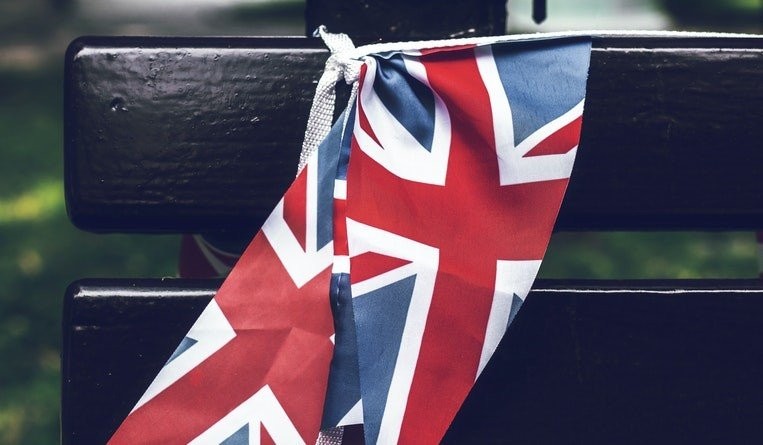Deal or no deal? – IP after Brexit
09 April 2019

As the latest events in the UK continue to unfold, and with the final Brexit deadline postponed again, it is difficult to predict if and when the UK will leave the EU.With Theresa May and the EU’s inability to decide on an orderly departure agreement and with less than a week to go to the extended deadline of April 12, the threat of a no-deal Brexit is looming ever larger unless a further extension can be agreed. Regardless of how this shakes out, below is a summary of the latest updates on how a Brexit or no-deal Brexit turnout could potentially impact IP.
No changes are expected at the EPO
Even with a withdrawal from the EU, the UK is still expected to remain a member of the European Patent Organization (EPO). Neither the UK’s membership in the EPO nor the effect of registered or pending European patents in the UK should be affected by Brexit. After all, the EPO is not just limited to the 28 current EU member states; it covers a total of 38 countries. So, even after Brexit, companies would have the opportunity to register with the EPO for a European patent valid in the UK, which would then be one of the non-EU members of the EPO.
Unitary patent – questions remain
However, a question mark still hangs over the long-awaited Unitary Patent, which would make it possible to get patent protection in up to 26 EU Member States that are participants in the Unitary Patent project (Croatia and Spain are not included) by submitting a single request to the EPO. As the EPO notes, "Concerning the Unitary Patent and the Unified Patent Court, the Office expects that the UK and the participating Member States will find a solution as soon as possible which will allow a full implementation of these so-long awaited achievements.”
Legislative mechanisms have already been proposed which would allow the UK to continue to participate in the Unitary Patent and the associated Unified Patent Court after Brexit. This would bring clear benefits to both the UK and the single system as a whole, but requires the political will of all sides.
If that’s not forthcoming and the UK ends up being excluded, the Unitary Patent would provide coverage only in the remaining EU countries. However, as in other non-EU countries, it will still be possible to obtain national protection in the UK through the EPO.
There may also be changes regarding Supplemental Protection Certificates (SPCs) and specifically for patented pharmaceutical and plant protection products. For now, the UK plans to maintain the current SPC framework, including in the event of a no-deal Brexit (see the UK Government’s guidance).
Trademarks and designs could be problematic
EU trademarks and Community designs are based on EU law. In any event, unitary EU rights (notably EU trademarks and Community designs)could lose their validity in the UK, unless there is an agreement to the contrary.
Title IV of the Withdrawal Agreement provides that these unitary rights will continue to cover the UK during the transition period, after which the UK will create comparable rights. The Agreement also covers issues such as priority and registration procedure for these comparable rights. However, it is not clear whether this Agreement will be approved and take effect.
More details of the potential process for trademarks and community designs are included in the IP and Brexit guidance from the UK’s Intellectual Property Office (IPO):
“As outlined in the technical notice on trademarks and EU exit published on September 24, 2018, for all registered European Union Trade Marks (EUTMs) the IPO will create comparable UK trademarks, which will be recorded on the UK register. These comparable UK rights will retain the filing dates recorded against the corresponding EUTM and will also inherit any priority and/or seniority dates. They will be fully independent UK trademarks which can be challenged, assigned, licensed or renewed, separately from the original EUTM.”
“Right holders with an existing Registered Community Design will have a new UK equivalent right granted that will come into force at the point of the UK’s exit from the EU. The new UK right will be provided with minimal administrative burden. The design will then be treated as if it had been applied for and registered under UK law.”
After exit, businesses, organizations and individuals with pending EU trademark and Community design applications will have nine months to submit an application for an equivalent UK right. Filers can take this step by using the existing UK application process, which includes a payment of the UK application fee. The application will then be subject to UK examination standards.
For more information on the potential implications of Brexit on the IP industry, please visit the latest UK government update of its guidance on IP and Brexit (updated April 2, 2019).
To attend and hear more about these updates, Anaqua will be sponsoring an event organized by the BMVW regarding Brexit’s impact on IP Management. Industry experts will come together on April 18, 2019, to share their current insights and assessments on this crucial topic in Paris at 203, Rue du Faubourg Saint Honoré. To register for this event please visit: https://go.anaqua.com/fr/brexit-panel






